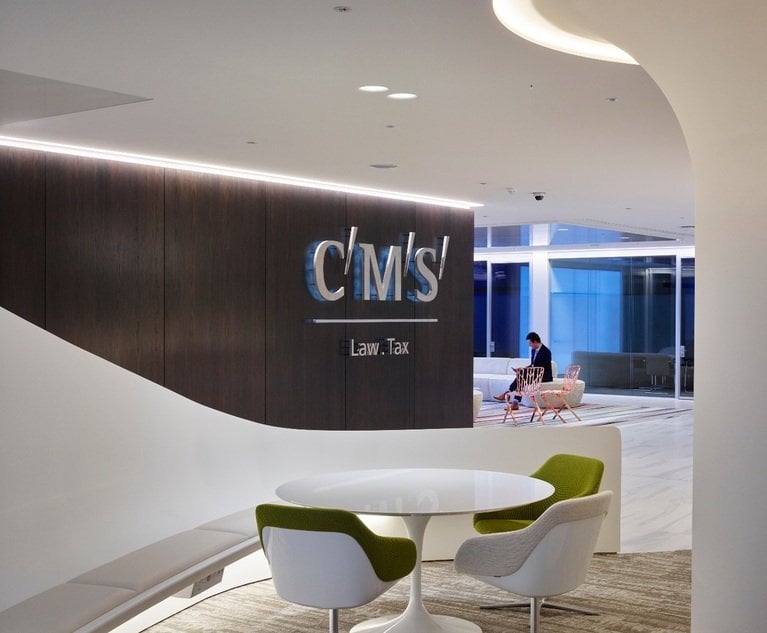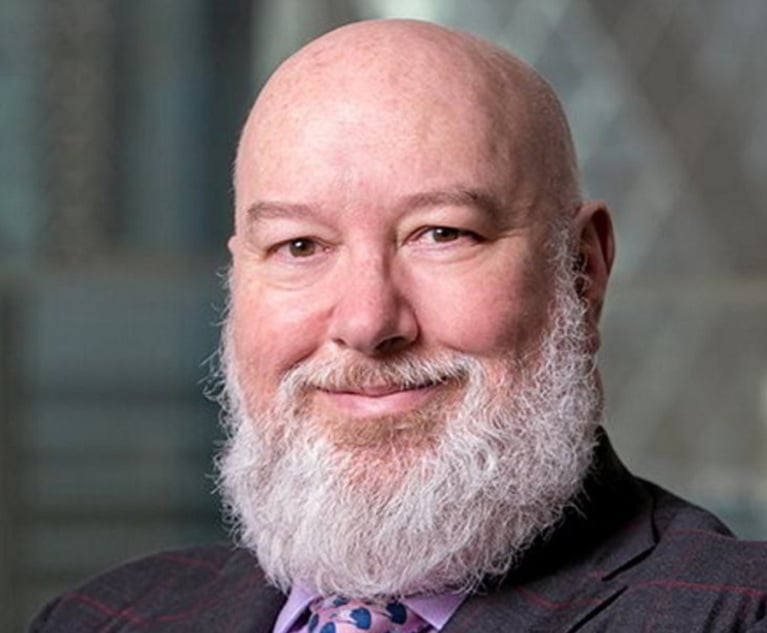Global general counsel are in search of something new. Frustrated by the limitations of the reportedly inconsistent and fragmented service offered by traditional international law firms, multinational corporations are on the hunt for high-quality advice, delivered seamlessly across borders.
That is what GCs told us when Interlaw embarked on a comprehensive study into the procurement of global legal services. As more alternative providers enter the market, the dominance of big international firms appears to be reducing while clients are becoming increasingly open to new ways of working.
Our independent report, Global Legal Services in a Disruptive World, found an overwhelming majority of GCs are less wedded to the traditional corporate model and valued quality advice and local insight above everything else.
Consequently, so-called ‘new law’ providers are proving to be serious competition to the well-established ‘big law’ firms. But what does ‘new law’ look like, and who is driving the agenda for a different way of delivering legal advice across continents?
Ultimately, ‘new law’ is being defined by clients and is the way they need the legal sector to adapt and evolve, and, we believe, is characterised by six common themes:
Borderless: One of the biggest criticisms levelled at traditional firms is their inability to break down the barriers between their international offices. Instead, a protectionist culture designed to shield the revenues of individual jurisdictions has been allowed to thrive. Clients, however, want their global legal services providers to adopt a more holistic approach, allowing them to seamlessly navigate through the various regulatory regimes around the world.
Tech-enabled: Like all sectors, technology is re-engineering the way legal services are and will be delivered in the future. From AI to blockchain, new law pioneers are investing heavily in their technological infrastructure to bring greater efficiencies, security and value for clients. The next generation of GCs will be truly digital natives, never having experienced a world without the internet or smart applications. They will have different expectations about the way professional services should be delivered and the legal sector needs to be poised to respond.
Enterprising: Clients are looking for resourceful lawyers who can provide creative solutions to complex challenges. This goes further than simply having commercial acumen, it is a more dynamic mindset than would previously have been expected of legal professionals.
Agile: To deliver the seamless, global service that GCs are seeking, new law providers are heavily focused on ensuring their businesses can quickly adapt to client demands. Being able to instantly mobilise a virtual team of lawyers from different parts of the world who have the infrastructure in place to work together and give quality, localised insight is the ultimate goal.
Accessible: As well as immediacy of access to legal advice anywhere is the world, clients are increasingly looking for simplicity and clarity in the way service is delivered. Technology applications will play a role in this, but it will also require a seismic shift in the way lawyers communicate and interact with their clients.
Ethical: Research shows that millennials and, to a greater extent, Generation Z, following close behind, are ethically-minded as consumers both in their personal and working lives. The values and ethos of legal services providers will be subjected to even greater scrutiny and have a more significant bearing on the purchasing decisions made by GCs.
Without the shackles of weighty corporate infrastructure, independent law firms that make up the membership of networks like Interlaw have the in-built versatility to respond quickly to the evolving demands of global GCs. What’s more, having chosen to be part of a network, there is a built-in desire to collaborate and cooperate with fellow members in the best interests of clients.
Every legal services provider – including ourselves – still has work to do to meet the needs of a new breed of client, but we are undaunted by the challenges that lie ahead as we believe strong networks are in pole position to deliver. Networks are all about smashing barriers and working together – if clients are defining new law, then is it the networks that are the true pioneers of ‘new law’?
Michael Siebold is chair of Interlaw.
- Click here for more from Legal Ladder, our dedicated careers blog to help lawyers and recruiters keep abreast of the key issues facing the profession
NOT FOR REPRINT
© 2024 ALM Global, LLC, All Rights Reserved. Request academic re-use from www.copyright.com. All other uses, submit a request to [email protected]. For more information visit Asset & Logo Licensing.









